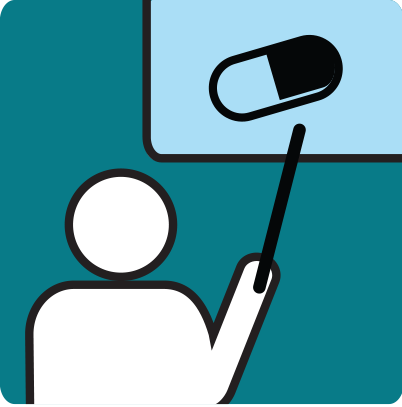Myanmar
Donor
Impact
Myanmar

NTDs
Myanmar:
- Hookworm
- Trichuriasis (whipworm)
- Ascariasis (roundworm)
- Lymphatic Filariasis
- Trachoma
children are at risk for INTESTINAL WORMS
people live in areas endemic for LYMPHATIC FILARIASIS
Neglected tropical diseases (NTDs) like lymphatic filariasis, also known as elephantiasis, and intestinal worms have a crippling effect on the people of Myanmar, one of the poorest countries in Asia. A staggering 80 percent of the population is at risk for these parasitic and bacterial infections which can cause severe pain and disability.
Millions of children across the country require deworming to protect them against intestinal worms that can cause malnutrition and anemia. More than three-quarters of the population is at risk for lymphatic filariasis, a painful and debilitating disease spread by mosquitoes. And tens of thousands of citizens require treatment for trachoma — the world’s leading cause of preventable blindness.
The Government of Myanmar and its partners are working together to end NTDs within the country in the next five to seven years.
Myanmar
Your donation's
impact
In the fall of 2013, END7 donors contributed $27,000 toward an ambitious national mass drug administration (MDA) for lymphatic filariasis and intestinal worms. During the MDA, citizens across 36 districts in Myanmar were treated for NTDs.
Volunteer filmmakers Join the Lights came with us to Myanmar, where we met seven-year-old Pwint Yamone Thin. In many ways, Pwint Yamone Thin is your average seven-year-old girl — full of smiles and giggles. But like millions of other children in the country, intestinal worms have the potential to sap her contagious energy, delay her physical and intellectual growth, and leave her malnourished and weak. But thanks to Myanmar’s campaign, Pwint Yamone Thin and millions of other children were treated for intestinal worms.
END7 donations supported several meetings and trainings to help the Ministry of Health prepare for this country-wide MDA; 4,224 health staff and 91,025 community health workers and volunteers distributed NTD medicine to 36 million people across the country and spread the word about how to avoid getting infected. Donations from END7 supporters also helped transport essential drugs to several townships in hard-to-reach regions.
Partners
The Ministry of Health, led by the Vector Borne Diseases Control (VBDC) Department, carried out these activities. Key partners included the World Health Organization (WHO) country office, UNICEF, the Myanmar Maternal and Child Welfare Association, Women’s Affairs Federation, Red Cross, Fire Brigade and the Japan International Cooperation Agency (JICA). And in the coming years, The Centre for Neglected Tropical Diseases (CNTD), with support from the United Kingdom’s Department for International Development (DFID), will be conducting transmission assessment surveys throughout the country.
The
work continues
In order to end NTDs in the country, Myanmar requires continued resources and partner support to:
- Train community health workers and community volunteers.
- Convene meetings with local officials to ensure support for and smooth implementation of MDAs.
- Develop and implement public education campaigns to ensure everyone who is at risk for NTDs understands how to treat and prevent these diseases.
- Monitor and evaluate the impact of the country’s MDAs.
Myanmar launched its National Integrated Plan of Action for NTDs in 2010, outlining a clear path to eliminate lymphatic filariasis and trachoma, and to control intestinal worms. But one of the challenges to implementing the plan has been predictable, sustained funding.
Now is the time for new partners to help Myanmar scale up and sustain its NTD control and elimination efforts. With leadership from Myanmar’s Ministry of Health and support from partners, Myanmar can achieve its goal of ending NTDS and pave the way for a healthier, prosperous future for the country.
See the difference END7 has made in:
Cote d'Ivoire | Guyana | Honduras | India | Indonesia | Kenya | Nigeria-Bauchi | Nigeria-Kebbi | Peru | Sierra Leone | Timor Leste | Vietnam
Photos by Join the Lights
Key Interventions
in Myanmar

Training
health workers and volunteers

Getting the Word Out
so everyone takes the medicine

Mass Drug Administration
to treat entire communities

Transportation
of donated medicine






